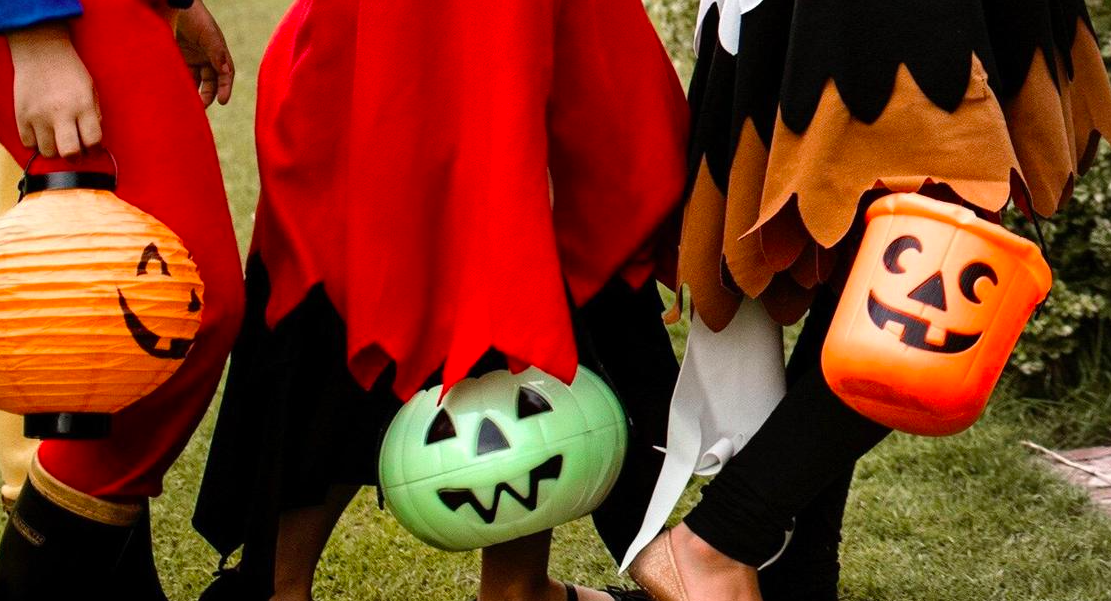Image via
It’s almost Halloween, and for cops all across North America, that means it’s time to recycle the urban legend about people handing out drug-laced candy to trick-or-treaters.
Over the past week, attorneys general and police departments in Arkansas, Connecticut, Illinois, Ohio, New York, and several other states have issued statements warning about the potential risk of pot-laced Halloween candy. Each of these largely-identical statements advises parents to keep an eye out for THC edibles packaged to look like well-known brands of candy or snack foods.
“These look-alike cannabis products are unregulated, unsafe, and illegal,” said Connecticut Attorney General William Tong in a press release. “Accidental cannabis overdoses by children are increasing nationwide, and these products will only make this worse. While Connecticut recently legalized adult-use cannabis, many of these products fall far outside the range of what will ever be safe or authorized for sale. If you see these look-alike products for sale, please report them to my office and take every measure to keep these away from kids.”
Much to the annoyance of corporate candy manufacturers, these knockoff THC products are definitely very real. Over the past several years, Hershey’s, Mars Wrigley, and the Ferrara Candy Company have sued dozens of weed companies for making or selling edibles under trademark-infringing names like “Zkittles,” “Starburst Gummies,” or “Mr. Dankbar.” This hardcore litigation has pretty much stopped major legal cannabis companies from copying candy trademarks, but small black market manufacturers are still flooding the market with weed-infused Nerds Ropes and other popular edibles.
So it’s true that these knockoff THC edibles are widely available anywhere in North America, but have children ever actually received them while trick-or-treating? According to myth-busting website Snopes, the answer is no. Much like the often-repeated myth of curmudgeons handing out apples with razor blades inside them, the new wave of hysteria over weed-laced treats is only the latest manifestation of an urban legend about “Halloween sadism.”
These myths likely began in the 1970s, when a Texas man killed his own son by mixing cyanide into his Halloween candy stash. Soon after this grim but isolated incident, cops began warning parents that child-hating sadists were deliberately handing out poisoned candy. More recently, these fears have shifted to illegal drugs, spawning tales of LSD-dipped lollipops, ecstasy-infused candies, and heroin tablets made to look like Sweet Tarts. And now, cops and prosecutors think that people are intentionally slipping $50 bags of edibles into kids’ plastic pumpkins.
“Children are not at risk for contaminated treats,” said Joel Best, professor of sociology and criminal justice at the University of Delaware, Snopes reports. “For one thing, edible marijuana products are very expensive and this would be a very expensive prank. My research stretches back to 1958… I have been unable to find any evidence that any child has been killed or seriously injured by a contaminated treat picked up in the course of trick-or-treating.”
There have actually been a couple of cases where children got sick after eating cannabis edibles that were intended for adult use, but these incidents were unrelated to Halloween. Last year, two children were reportedly hospitalized after eating THC-Infused Nerds Ropes that someone apparently donated to a food bank in Utah. And in 2018, five Arizona kids were sickened after eating pot gummies that a 12-year-old brought to school. The kid’s parents claimed that the suspect product came from a bowl of Halloween candy, but considering that the incident occurred in February, this explanation is not entirely believable.











